On 3rd June 2019, LEDECO Swiss Centre (LEDECO) organized a dialogue on China-US Trade Conflicts for the China Oil and Food Corporation (COFCO) International in Geneva.
Professor Xiankun LU, Managing Director of LEDECO, Mr. Patrick LOW, former Chief Economist of the WTO, Mr. Hector TORRES, former Executive Director of the International Monetary Federation (IMF), and Mr. Daniel CROSBY, Office Managing Partner of King & Spalding LLP Geneva, shared their insightful views on topics including China-US trade negotiations, the impact of China-US trade conflicts on the private sector, as well as the role of companies including COFCO International in such trade conflicts.
Mr. DONG Wei, Chief Executive Officer, Mr. GUO Dong, Chief Research Officer, and global heads and managers of COFCO International have participated in the dialogue.
Annex: Programme of COFCO International Dialogue on China-US Trade Conflicts
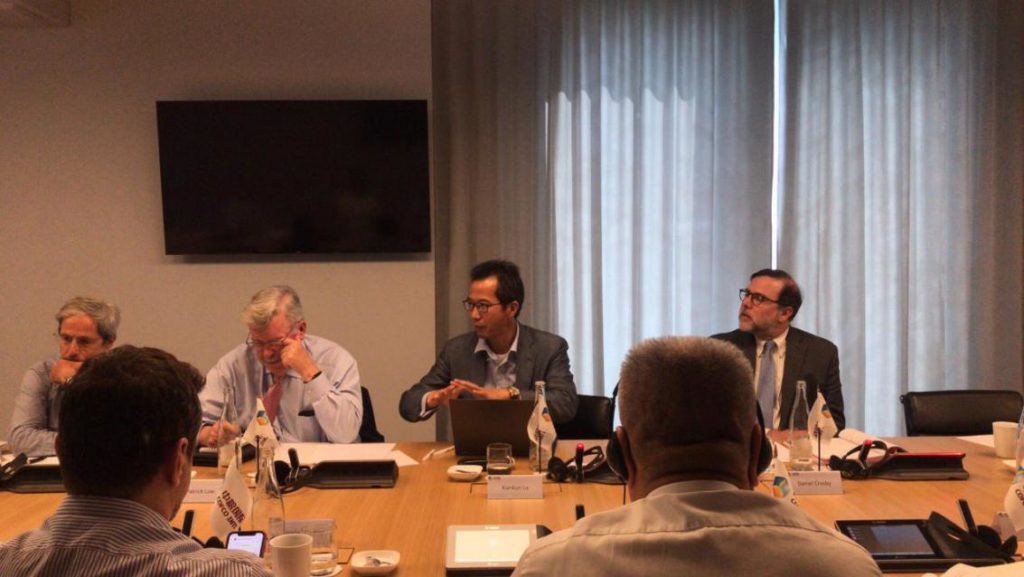
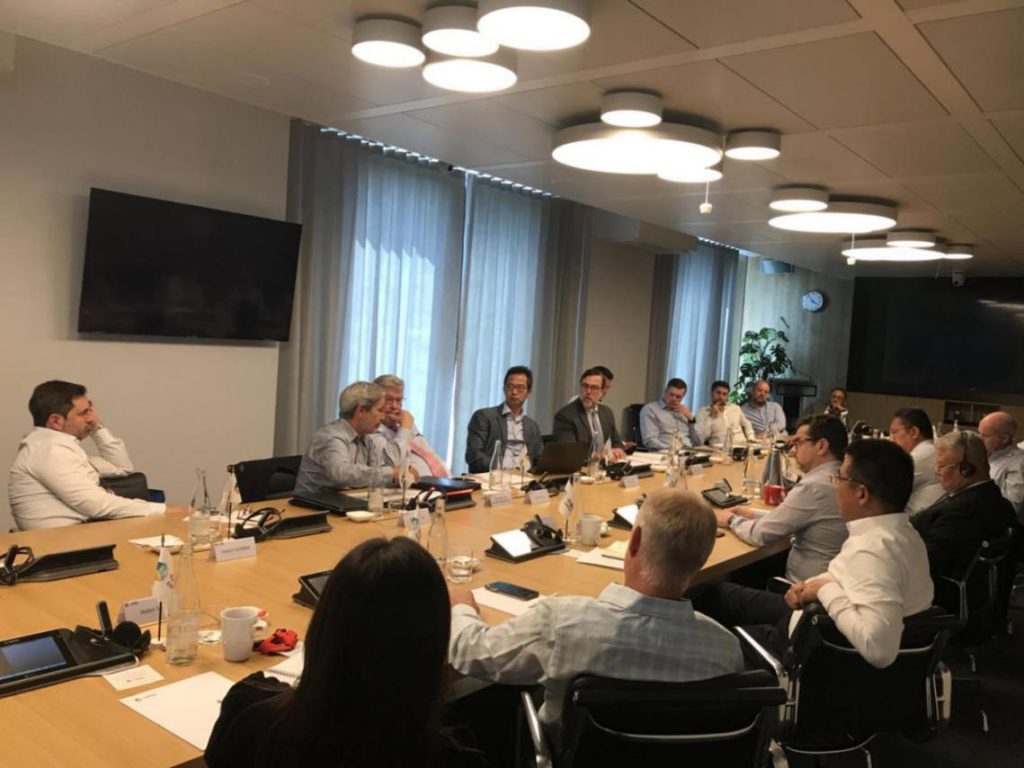
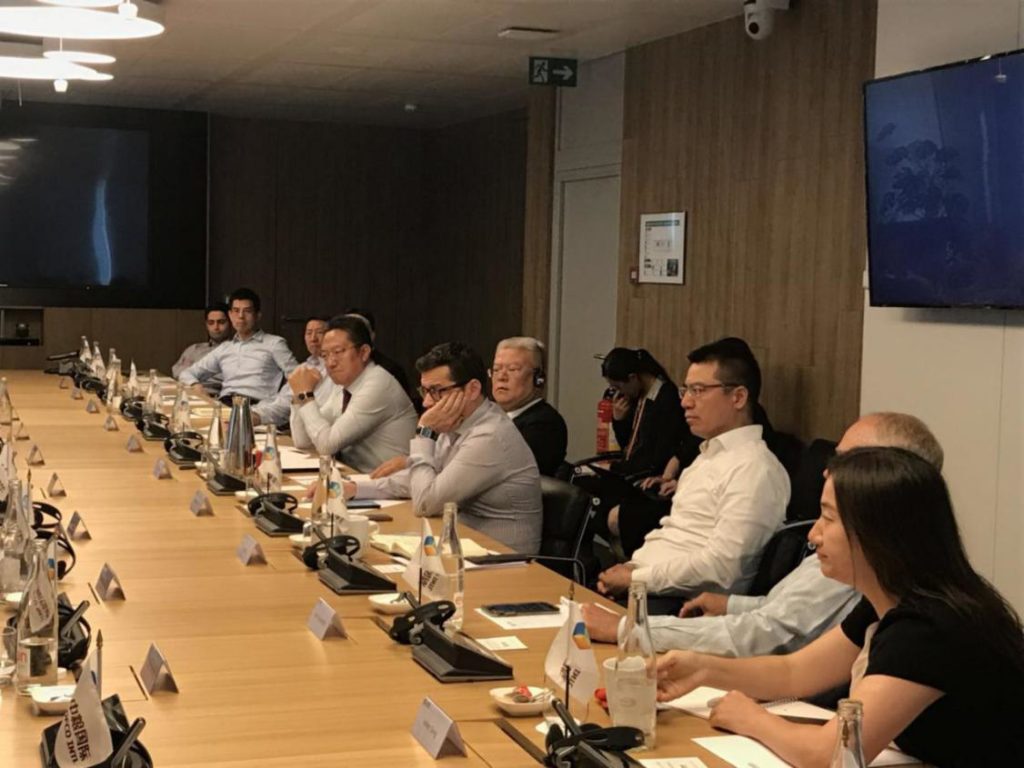
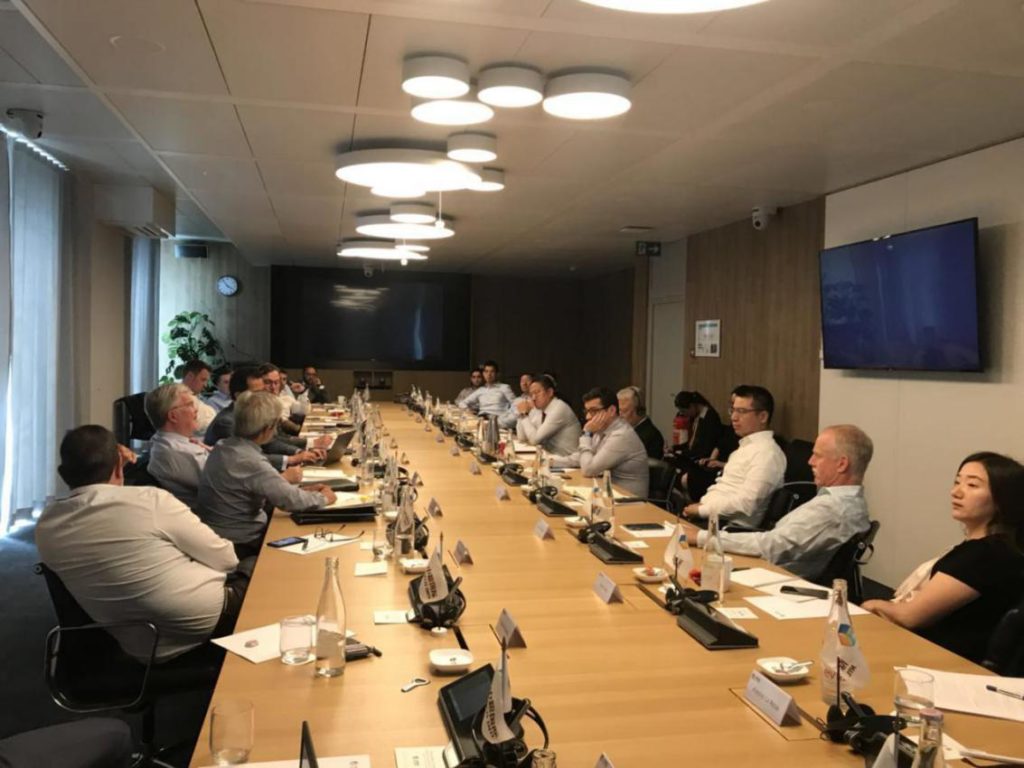
COFCO International Dialogue on China-US Trade Conflicts
June 3rd 2019
I. Key issues for discussion:
- Given the delicate situation of China-US trade negotiations, what are the perspectives of any deal between China and the US?
- If you believe that a deal is possible in the near future, what are the potential contents of such a deal? And what could be its impact on EU and Latin America? What could such a deal mean for companies like COFCO International and its future business?
- If you believe that a deal is not possible in the near future, what are the impact on EU and Latin America? What would this situation mean for companies like COFCO International and its future business?
- What role can companies like COFCO International play in such trade conflicts?
II.Supplementary questions:
- If there is an initial agreement on current trade war conflict, and later on one side deems the other side has not lived up to the initial promises, can we develop into a “trade war part 2” and would that become a more aggressive trade war from both sides?
- How do you view the SOEs being affected by any future trade deal re US recent complaints that SOEs are overly influential vs free trade policies?
- How is the US attitude towards Chinese investment in US?
- What will be the indication for China’s quota system for wheat, sugar and corn?
- Assuming that a bilateral deal (USA/CHN) results in China importing non economical (subsidized) products from US and, as a result, pricing-out imports to China from another country partner, does this violate WTO rules?
III.Organizer:
Xiankun LU, LEDECO Geneva
IV. Organizational rules:
- Chatham House rules
- Speakers intervene in their personal

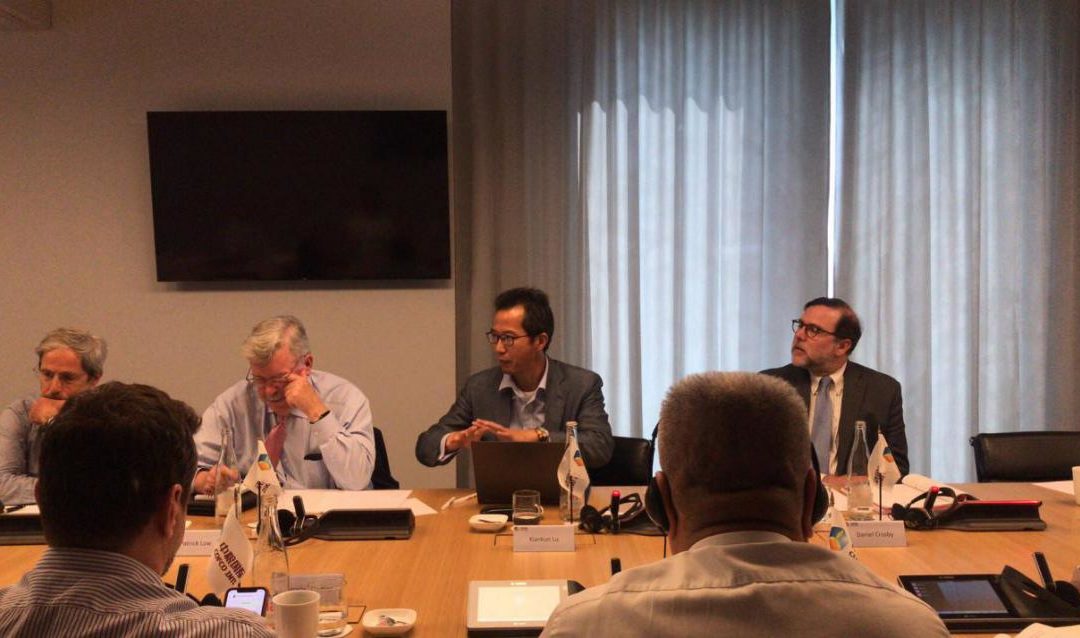
近期评论